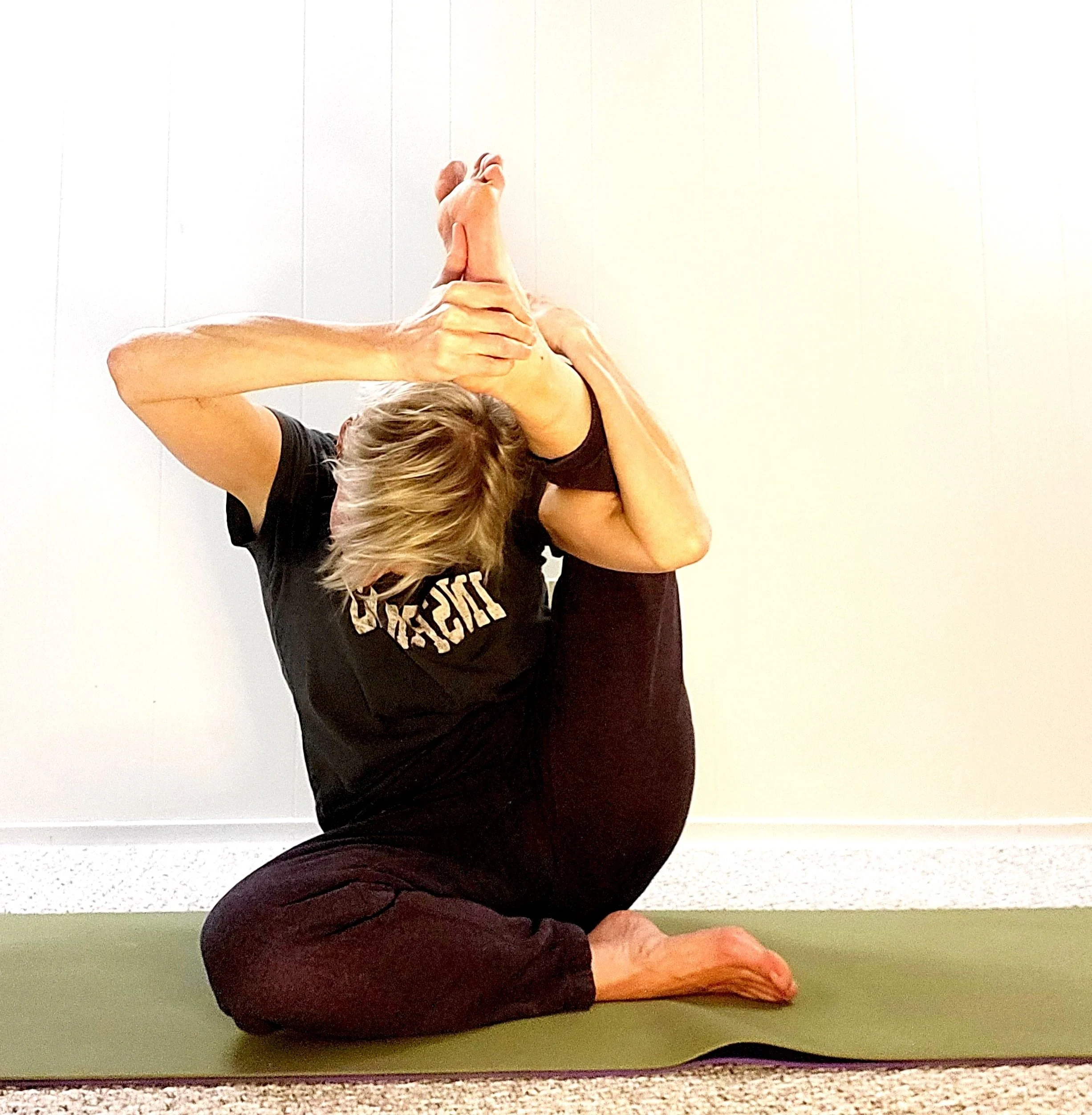Starting Points
Often, at the end of a yoga class, students meet me at the door to review their experience. With smiles, shrugs or apologies, they describe how their bodies moved through the series of poses we practiced, explaining stories, feelings or thoughts. It seems that it is only once they have finished this review that they may move on from the practice and into the rest of their day.
More often than not, this review is a chronicle of all the poses they couldn’t do and why. They provide stories of past injuries, years of repetitive movement or endless days seated at desks.
On the surface, these may seem like excuses. But there is much more to it than that.
The review comes about because yoga is a process as much as a practice. As we move through a yoga practice of any kind, we are meant to observe our own experience. When this observation is supported by the lightness of breath and the curiosity of learning more about our inner selves, it becomes a positive and beautiful thing. When it comes from a place of self-criticism or discontent, it becomes harmful and no longer serves us.
When the review of a yoga practice focuses on what we can’t do it is fuelled by the habit of comparison. It is built on our attachment to our expectations and our desire to be different, to feel different, or to be able to do different things. The notion that we are right where we are supposed to be does not occur to us. In that moment, it passes us by.
The on-line world of yoga is full of images of celebrities and professionals who are in much different places than the rest of us. They are photographed in difficult yoga poses and in amazing locations. Some of these photos are indeed very beautiful, but they reveal little of the discernment, commitment and reflection that a consistent yoga practice requires.
Images such as these connect with our expectations and desires. And as our habit of comparison arises, we forget to acknowledge that other people’s starting points are different from our own.
So, we may forget that it might be easier for a young person with a background in gymnastics or dance to master the Ashtanga Primary Series at an early age. We may fail to recognize the impact that past injuries have on our mobility. Or we may avoid admitting the limitations of the transitions or life-changing circumstances we have experienced.
We forget to acknowledge our starting points.
We are never in the same place on our journey as someone else. Sometimes, we move along on parallel tracks passing each other with a smile and a nod. Or we may bump into each other on the same track with some surprise and delight at our arrival there. We may think we see people far off in the distance, half-real and half-imagined and wonder if we will ever connect. The reality is that though are paths are intertwined, they are also unique.
We have different starting points.
It is up to us to choose how we observe and process our yoga practice. We can decide to chronicle the poses we can do rather than the those we can’t. We can choose to accept where we are.
And that place, where we are, doesn’t need to be where anyone else is. In fact, I imagine there is someone else, squinting into the distance at us, leaning into the possibility that our paths will someday cross.
Thank you for being here.





